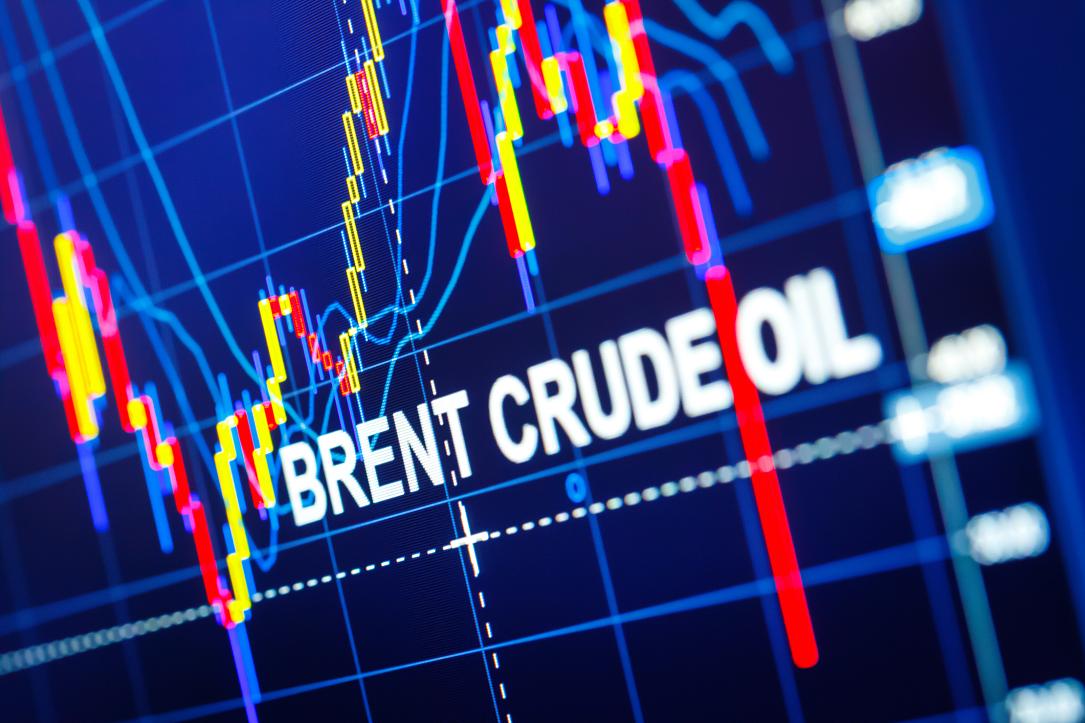Romania committed 2,6% of GDP to fighting energy crisis



Romania's Government has committed to one of the most extensive sets of support measures to face the increase in energy prices in Europe.
Romania ranks fifth in Financial Times’ list of countries with the largest support packages relative to their GDP, with 2,61% of the gross domestic product spent on limiting price growth (1,29%), targeted aid for households (0,57%), partially-targeted aid for households (0,41%), and aid for companies, job creation, and the unemployed (0,34%).
Greece, which committed 3,79% of its GDP to current measures designed to combat the energy crisis, tops FT’s ranking, followed by Bulgaria (3,05%), Bosnia and Herzegovina (2,8%), and Kosovo (2,67%). Austria, Macedonia, France, and Lithuania rank below Romania.
The least expensive support measures were implemented by Denmark, Sweden, Iceland, and Finland (0.1% of GDP).
Although official estimates of the total cost of the measures are lacking, one government source placed it at RON 40 bln (EUR 8,1 bln). The estimate was later revised and halved.
Nevertheless, the initial sums may not have been enough. The Romanian Energy Ministry asked for an additional RON 31 bln to be transferred to its coffers during the recent budget revision, according to Economedia. So far, the Government granted it only RON 2,5 bln.
Despite different budgets, all European states used some form of state aid to shield customers from rising bills. Most countries reduced taxes on petrol and diesel, seeking to bring down prices at the pump. However, much of the money spent so far has been used to prevent energy companies from passing on costs to consumers, according to the IMF.
Romania, for its part, chose a fuel price compensation of RON 0,5 per liter (paid to fuel distributors), capped electricity and natural gas prices for almost all energy consumers, and granted a one-time cash support to the most vulnerable. It also taxed energy companies more.
(Photo source: SlavkoSereda | Dreamstime.com)